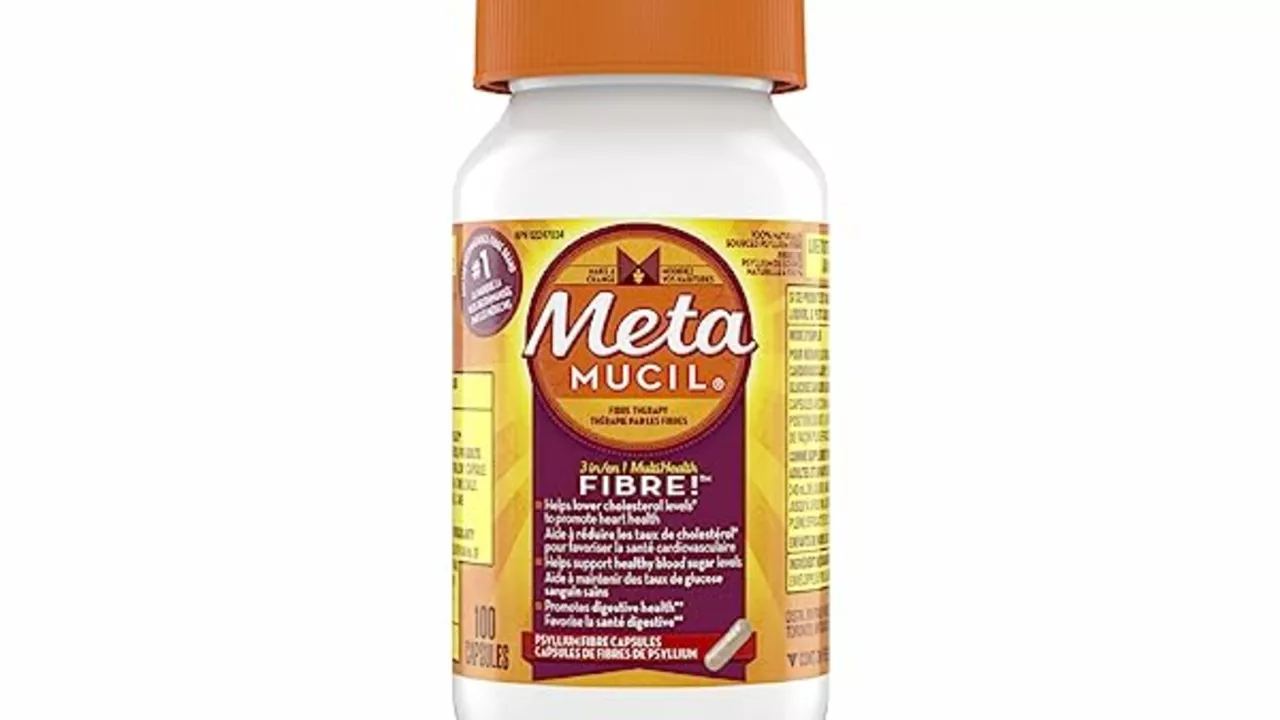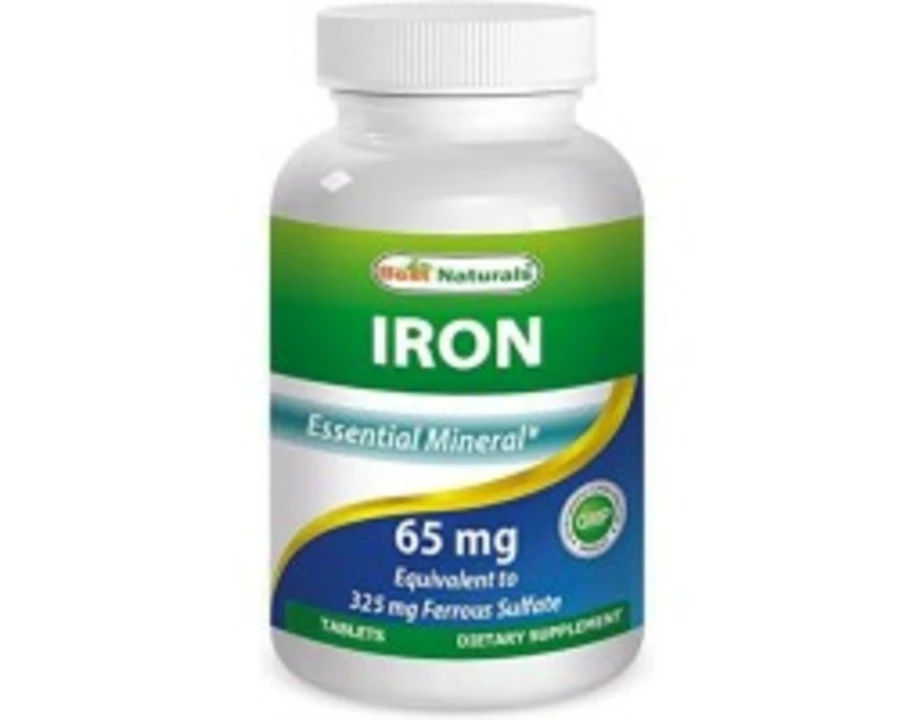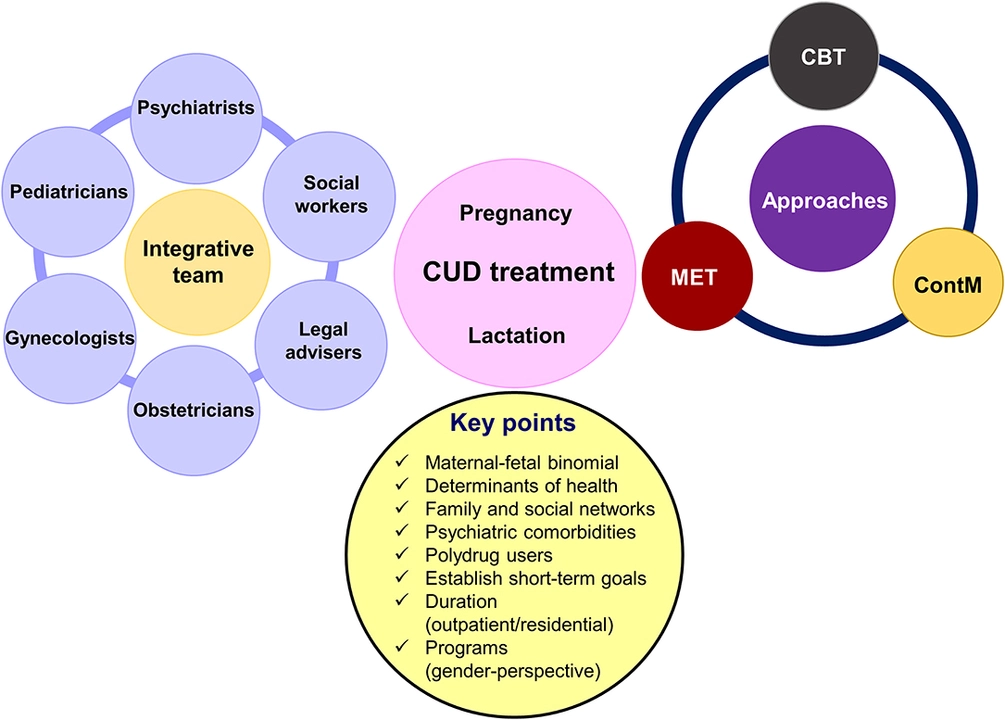June 2023 Health Insights Archive
If you’re looking for a quick snapshot of what we covered in June, you’ve come to the right place. This month we tackled everything from emergency medicine tricks to simple home practices that can boost gut health and mood.
Top Reads This Month
The role of tranexamic acid in the treatment of traumatic brain injury – We broke down how this clot‑stabilising drug can cut bleeding after a head hit, why timing matters, and what side effects to watch for.
Yoga for Ulcerative Colitis: Benefits and Poses to Try – You’ll find three beginner‑friendly poses that calm inflammation, plus tips on breathing and mindfulness that ease digestive flare‑ups.
Why Black Psyllium is the Must‑Have Dietary Supplement for Weight Loss and Gut Health – We explained how the fiber expands in your stomach, supports regularity, lowers cholesterol, and steadies blood sugar.
The Role of Genetics in Actinic Keratosis: What You Should Know – This piece shows which gene changes raise skin‑cancer risk, why sun protection is still key, and how to spot early signs.
The Top 10 Benefits of Maca: Why You Need This Dietary Supplement in Your Life – From energy spikes to hormone balance, we listed ten concrete ways maca can fit into a daily routine.
The Role of Cognitive Behavioral Therapy in Tinnitus Management – We covered how CBT reshapes the mental reaction to ringing ears, offering practical exercises you can start today.
Why These Topics Matter
Each article targets a real‑world problem people face daily. Whether you’re recovering from an accident or simply looking for a natural way to boost mood, we aim to give clear steps you can act on right away. The common thread is empowerment: understand the science, then decide what fits your lifestyle.
For example, the tranexamic acid post isn’t just about drug names; it tells you why calling emergency services fast can be a life‑saver. The yoga piece pairs each pose with a simple breathing cue so you can try it at home without a class. And the psyllium guide includes a quick recipe – mix a spoonful in water, wait two minutes, and drink.
We also kept an eye on prevention. The genetics article reminds you that even if your DNA makes you vulnerable, sunscreen and regular skin checks can keep damage low. Meanwhile, the maca review highlights how a single supplement can hit multiple health goals without juggling dozens of pills.Finally, mental health isn’t left out. The CBT for tinnitus entry gives a brief worksheet to challenge negative thoughts, showing that mindset shifts can lower stress levels as effectively as medication.
Want deeper details? Click any headline above to read the full post. We keep the language simple and the advice practical so you can apply it without scrolling through endless jargon. Stay curious, stay healthy, and come back each month for more bite‑size health insights.

After delving into some medical research, I've discovered that tranexamic acid plays a significant role in treating traumatic brain injuries. It's a powerful drug that helps curb bleeding by inhibiting enzymes that dissolve blood clots. As a result, it can reduce the chance of a hemorrhage and potentially save lives. However, it's crucial to administer this medication within a few hours of injury for maximum effectiveness. Despite its benefits, like all medicines, it's important to be aware of potential side effects and discuss them with a healthcare provider.
Read More
As someone who has been exploring the benefits of yoga for various health issues, I recently discovered that yoga can be incredibly helpful for those suffering from Ulcerative Colitis. It turns out that certain poses can aid in reducing inflammation and promoting a healthy digestive system. I've found that incorporating poses such as Pawanmuktasana, Balasana, and Vajrasana into my routine have significantly helped in managing my symptoms. Not only does yoga offer physical relief, but it also provides mental and emotional support through mindfulness and relaxation techniques. I highly recommend giving yoga a try if you're struggling with Ulcerative Colitis, as it may help improve your overall well-being.
Read More
In my latest blog post, I discussed the incredible benefits of Black Psyllium, a must-have dietary supplement for weight loss and gut health. This natural fiber source not only aids in curbing our appetite by promoting a feeling of fullness, but also supports healthy digestion and regular bowel movements. Plus, it's been shown to help lower cholesterol and maintain healthy blood sugar levels. I strongly recommend incorporating Black Psyllium into your daily routine to experience these amazing health benefits firsthand. Don't miss out on this powerful supplement that can truly transform your weight loss journey and overall gut health!
Read More
As a blogger, I recently explored the role of genetics in actinic keratosis and discovered some fascinating insights. It turns out that our genes play a significant part in determining our susceptibility to this skin condition, which is primarily caused by sun exposure. Some genetic mutations can increase the likelihood of developing actinic keratosis, making sun protection even more critical for those individuals. Understanding our genetic predisposition can help us take appropriate preventive measures and seek early treatment if necessary. It's essential to be aware of our genetic risks so we can make informed decisions about our skin health and overall well-being.
Read More
In my latest blog post, I've explored the top 10 benefits of Maca, a powerful dietary supplement that should be a part of your daily routine. From boosting energy levels and improving mood to balancing hormones and enhancing fertility, Maca truly proves to be a versatile and beneficial superfood. Not only that, but it's also known for its positive effects on skin health and memory. Incorporating Maca into your diet can lead to a happier, healthier you. Don't miss out on the opportunity to improve your overall well-being with this amazing supplement!
Read More
As a blogger who's been researching tinnitus management, I've found that Cognitive Behavioral Therapy (CBT) plays a significant role in helping people cope with this condition. CBT is a psychological approach that focuses on changing negative thought patterns and behaviors to improve emotional well-being and reduce the impact of tinnitus on daily life. It helps individuals reframe their thoughts about tinnitus and develop practical coping strategies. I've learned that many people have reported a decrease in their tinnitus-related distress after undergoing CBT. Overall, it seems like CBT is a valuable tool in managing the stress and anxiety that often accompanies tinnitus.
Read More